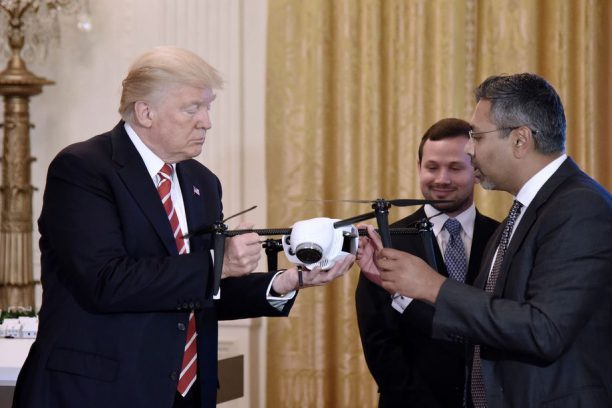Dronelife
1M
301

Image Credit: Dronelife
What Trump’s Presidency Could Mean for the Drone Industry
- With Donald Trump set to take the White House in January 2025, the U.S. drone industry faces a future shaped by his longstanding approach toward China, manufacturing, and industry innovation.
- In 2017, his administration established the Drone Integration Pilot Program (DIPP) through the Department of Transportation. The DIPP allowed private companies and public agencies to test new drone technologies in controlled environments.
- During the COVID-19 pandemic, Trump’s administration also directed CARES Act funding to several U.S.-based drone companies, identifying them as essential infrastructure players.
- Trump’s approach toward China has been marked by policies to protect American jobs and an emphasis on fair competition. His 2018 trade war with China led to tariffs on various goods, including DJI drones.
- A Trump presidency could also increase attention on strengthening domestic manufacturing in the drone industry. His previous “America First” agenda promoted domestic job creation and sought to curb reliance on foreign goods.
- Security concerns around Chinese-made drones, including potential espionage risks, could resurface under Trump’s leadership.
- Trump’s focus on domestic manufacturing and a fair competition agenda could encourage U.S.-based companies to expand. However, these policies also present challenges, especially for businesses that currently rely on affordable imports or advanced foreign technology.
- The next few months before the new President takes office remain important for the drone industry.
- Trump’s policies may shape both the short- and long-term prospects for the drone industry in the U.S.
- Industry insiders recognize that catching up with established competitors like DJI will take time.
Read Full Article
18 Likes
For uninterrupted reading, download the app